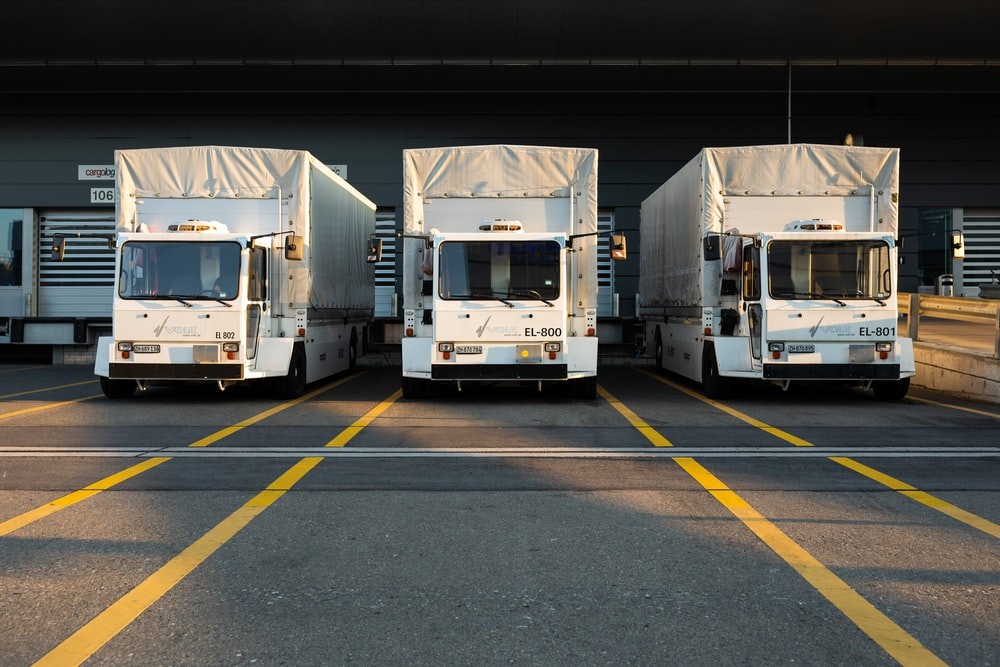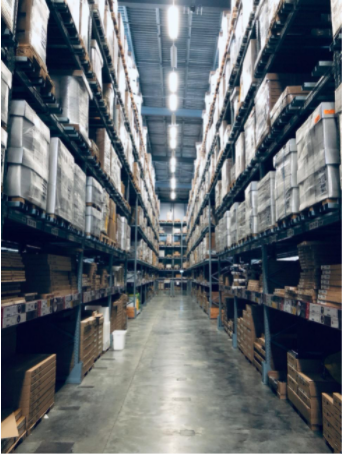
India Urban Logistics Spaces Expected to Cross 7 million sq. ft by 2022
Urban logistics is expected to expand significantly beyond 2022, as the increasing trend of faster goods distribution and e-commerce penetration increases nationwide.
The urban logistics industry in India is at a very nascent and fragmented state now and is on the cusp of going mainstream. Demand will be supported by freight congestion currently impacting cities and communities. According to JLL, urban logistics will help address the infrastructure, community, and environmental concerns via the efficient movement and transport of goods in urban areas through last-mile storage spaces. Furthermore, urban logistics is expected to expand significantly beyond 2022, as the increasing trend of faster goods distribution and e-commerce penetration increases nationwide.

“Urban logistics will play a more front-and-centre role in the metropolitan economies of India as consumers become more tethered to the convenience, transparency and hygiene benefits of online purchasing throughout and post-Covid. The surge in e-commerce has led to increased storage space and logistic delivery capabilities, thereby giving owners and developers a clear opportunity to capitalise on the demand, which we believe will easily exceed 7 million sq. ft by 2022,” said Radha Dhir, CEO and Country Head, India, JLL.
“Today last-mile delivery takes up more than 47% of e-commerce transportation costs. Urban logistics have come in as the perfect bridge to reduce these costs as well as increase delivery efficiency. With increased warehouse and logistics requirements growth, business models are evolving and creating a vast opportunity for the industrial sector. Furthermore, the shift from retail to urban logistics is generating change in the demand curve for highly automated and sustainable spaces, encouraging e-commerce and 3PL players to implement micro fulfilment technology to maximise efficiencies and optimise last-mile logistics to boost their businesses,” said Yogesh Shevade, Head – Logistics & industrial, India, JLL.
Dark stores are driving efficiencies, faster delivery capabilities and reducing logistics cost
Dark stores house goods used to fulfil orders placed online, for the last mile connectivity and have the potential of saving anywhere between 10%-30% of logistics costs. Certain wholesale distribution centre businesses are moving towards dark store concepts in India. Since real estate cost in urban locations for logistic activity cannot meet retail rental expectations, dark stores are deemed ideal replacements, as they also serve as cross-dock stores. These can be planned in unused commercial building basements, parking spaces, mall parking, defunct facilities, etc. For grocery business, replenishment to dark stores can be twice or thrice a day, and typical door deliveries will be morning or in the evenings. Some e-commerce players operate daily essentials to enter customer wallets. Hence compliance is not a showstopper.

According to JLL, generally, to handle 1000 Stock Keeping Unit (SKUs), warehouse space can range between 2,000-20,000 sq. ft. depending on product type and Days of Cover (100% inventory cover for number of days). Hence, it is possible to save anywhere between 10%-30% of logistics costs using dark stores.
The need for greater automation is driving sustainable demand for urban logistics spaces
Collaborative logistics will also result in a more sustainable urban logistics infrastructure in India, JLL believes. Key initiatives such as vehicle load consolidation, automatic route mapping, data gathering, and analysis, will lead to fewer delivery vehicles on the road and savings on fuel and emissions.
The opportunities with urban logistics in resolving SKU problems are manifold. SKUs are becoming cost-effective real estate alternatives helping companies avoid high traffic areas in cities, serving numerous online stores simultaneously and far more variation per item at a far lower space cost.
Source:
https://www.jll.co.in/en/newsroom/india-urban-logistics-spaces-expected-to-cross-7-million-sq


